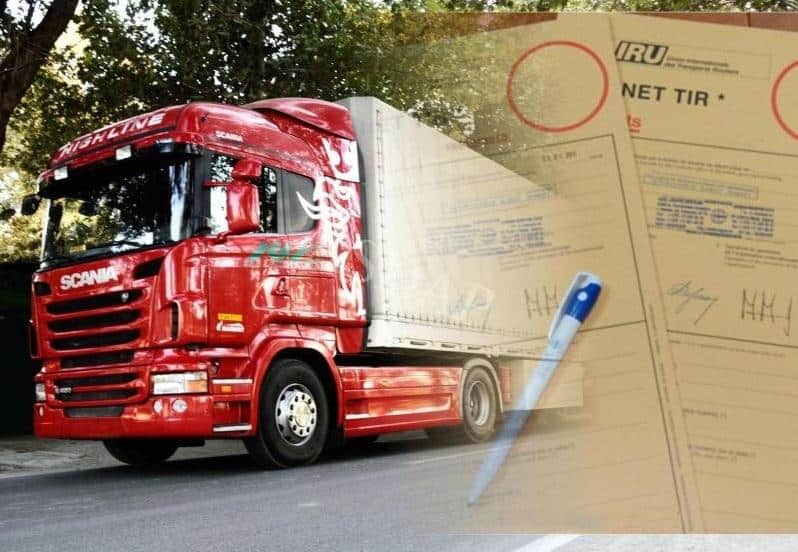The TIR (International Road Transports) Customs Convention is an agreement adopted to simplify the international goods transportation system. The opportunity to facilitate the transport of customs goods for the most effective cooperation was one of the reasons for the creation of this convention.
In 1975, the main principles of the convention were adopted under the leadership of the UN Committee. It was based on the five basic rules of simplified international transit. Briefly speaking, the TIR Convention is a type of cooperation that contributes to the harmonization of border formalities which, in turn, is an essential factor for the development of comfortable trade relations.
International TIR Convention — Main Principles of the Agreement
The International TIR Convention provides for fast and favorable movement of goods, as well as the highest safety and security of shipments. Five basic principles are used in order to ensure compliance with these conditions:
- Only goods in safe vehicles and containers are allowed for transportation. The safety conditions are determined by the current customs regulations.
- The transportation process is accompanied by an international guarantee.
- The TIR Carnet is the main customs document.
- The verification and supervision regulations are recognized by all transit and destination countries.
- Access to TIR is supervised by authorized organizations.
TIR Carnet
The TIR Carnet is a customs document that confirms compliance of the freight with the established TIR standards. To date, the IRU (International Road Transport Union) is the only organization that has earned the right to prepare and distribute TIR carnets.
The TIR carnet is filled out in due order (with all the necessary signatures, seals, tear-offs, etc.). The Convention with mandatory use of TIR carnets fits perfectly with international transport regulations and provides guarantees for all the Convention member countries.
TIR Convention Application
The application of the TIR Convention is a necessary measure in the context of the rapid development of international trade. Compliance with all the established rules and regulations guarantees safe transportation. The duration of inspections depends on the reliability of containers and cargo compartments (availability/absence of customs seals and stamps). The transit regulations with the application of the TIR Convention is currently widely used in the countries of Latin America, Europe, the Middle East, etc.

